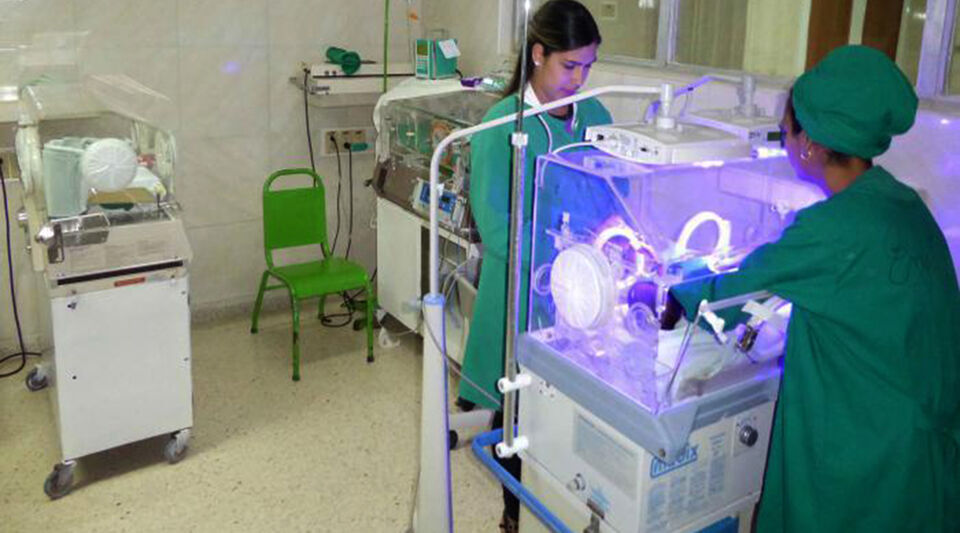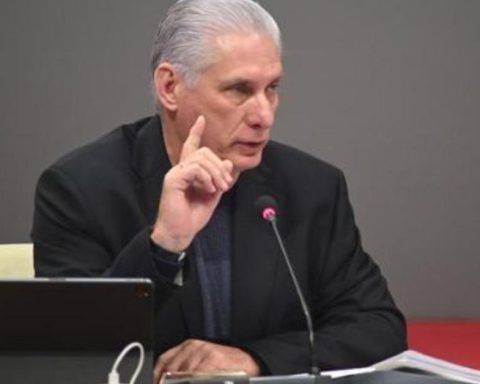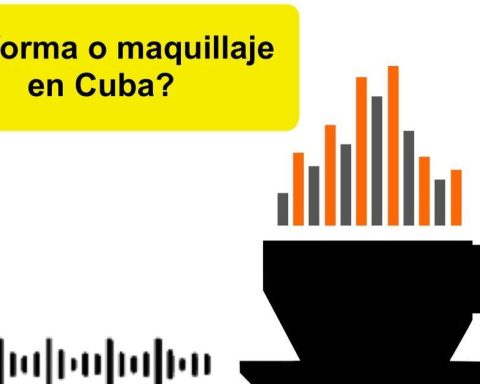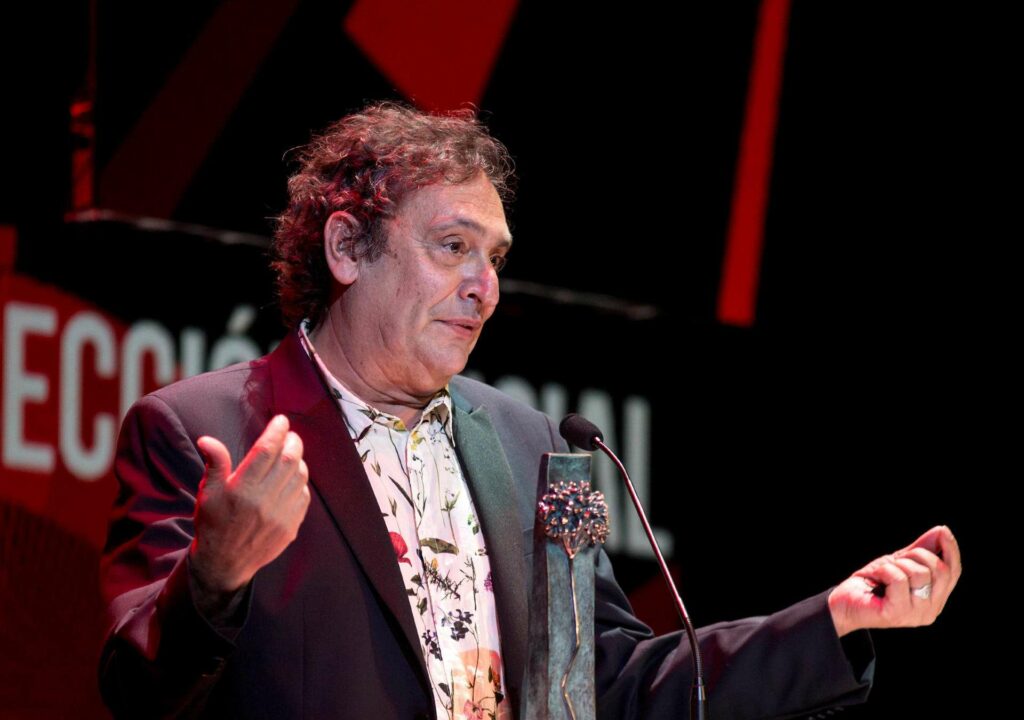(EFE) of the socialist revolution of 1959.
Dolores and her husband Germán – fictitious names – did not imagine what the Ministry of Health would report on what happened in the hospital where their son was born just a few days ago. Until before the statement, they only had the bad experience they lived in the center known as “Hijas de Galicia”.
“Only on the third day of being there they went to clean his room, which he shared with another person. Already at 10 at night there was no doctor in case he gave you any pain,” Germán told EFE.
The day before Dolores was to be discharged, the couple learned that four newborns had died there. “You can imagine that, as a result of that, all the moms were leaving discharge on their own,” she laments.
The Ministry of Health, which has recognized an increase in complications in newborns since “the second half of December”, assures that after the eight deaths of newborns “measures have been taken to deal” with the situation.
Experts agree in warning of the deterioration of the island’s health system seen for decades as a health power
The case of “Hijas de Galicia” is not an anecdote. Experts coincide in warning of the deterioration of the island’s health system, seen for decades as a health power.
According to an analysis by Cuban economist Carmelo Mesa-Lago, published in the independent media The touch and which takes figures from official statistical yearbooks, the Government has cut social spending since 2007 to adjust it to its economic capacity.
This, says Mesa-Lago, significantly reduced the resources for financing social assistance and public health.
According to the 2020 Ministry of Health statistical yearbook – the latest available – Cuba has more than 90 doctors for every 10,000 inhabitants, practically triple the number recommended by the World Health Organization (WHO).
However, Mesa-Lago explains, in a telephone conversation with EFE, that around half of family doctors are abroad. The export of professional services, especially healthcare, is Cuba’s main source of foreign currency, above tourism and remittances.
The emeritus professor of Economics and Latin American Studies at the University of Pittsburgh (Pennsylvania, USA), also stressed that the number of hospitals decreased between 2008 and 2021 by 32%, according to official figures. “It is clear that there has been considerable deterioration in the health system,” he concludes.
The Government has cut social spending since 2007 to adjust it to its economic capacity, according to Cuban economist Carmelo Mesa-Lago
This decrease contrasts with the investments that the State has disbursed in other branches, such as the construction of hotels.
In fact, according to the National Office of Statistics and Information (Onei), Cuba invested fifteen times more in hotel construction and other real estate activities between January and September 2022 than in social services and health.
The deterioration Mesa-Lago is talking about is not just figures. Many Cubans have had or know someone with a bad experience. And the state of the hospitals is, in many cases, evident with the naked eye.
Added to this are the deficiencies typical of a country in a deep economic crisis for more than two years and that extends to vital issues such as the lack of basic sanitary material and medicines.
The insular government attributes this and other problems to the US sanctions. For Mesa-Lago, the embargo is a factor, but not the only one. She also cites the pandemic and the country’s economic system.
“The right attributes everything to communism and the left attributes everything to the embargo (…) They are simplistic positions,” he stresses.
The economist adds that in the case of a lack of medicines, the origin could be in China and not in the United States.
The state group of the biopharmaceutical industry assured last May that 94% of the shortage is explained by the “non-availability of raw materials”
“China exported (to the island) inputs for the production of medicines and that stopped it because Cuba had a huge trade deficit with that country. It is estimated that replacing the unavailable drugs from the basic table would cost 500 million dollars and importing other inputs 500,” he adds.
The state group of the biopharmaceutical industry (BioCubaFarma) assured last May that 94% of the shortage is explained by the “non-availability of raw materials.”
In a recent interview in the official regional newspaper Escambray, Ángel Luis Chacón, general director of the Drug Marketing and Distributor Company (Emcomed), pointed out that more than 50% of the basic medicine chart “has been affected”.
EFE tried to contact a person in charge of the Ministry of Public Health to include their position, but for the moment they have not received a response.
________________________
Collaborate with our work:
The team of 14ymedio He is committed to doing serious journalism that reflects the reality of deep Cuba. Thank you for accompanying us on this long road. We invite you to continue supporting us, but this time becoming a member of our newspaper. Together we can continue transforming journalism in Cuba.















